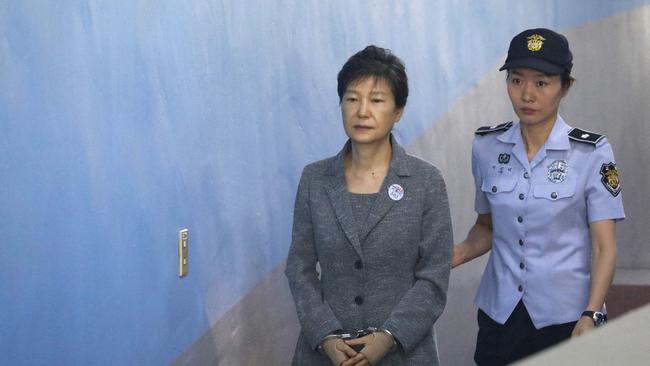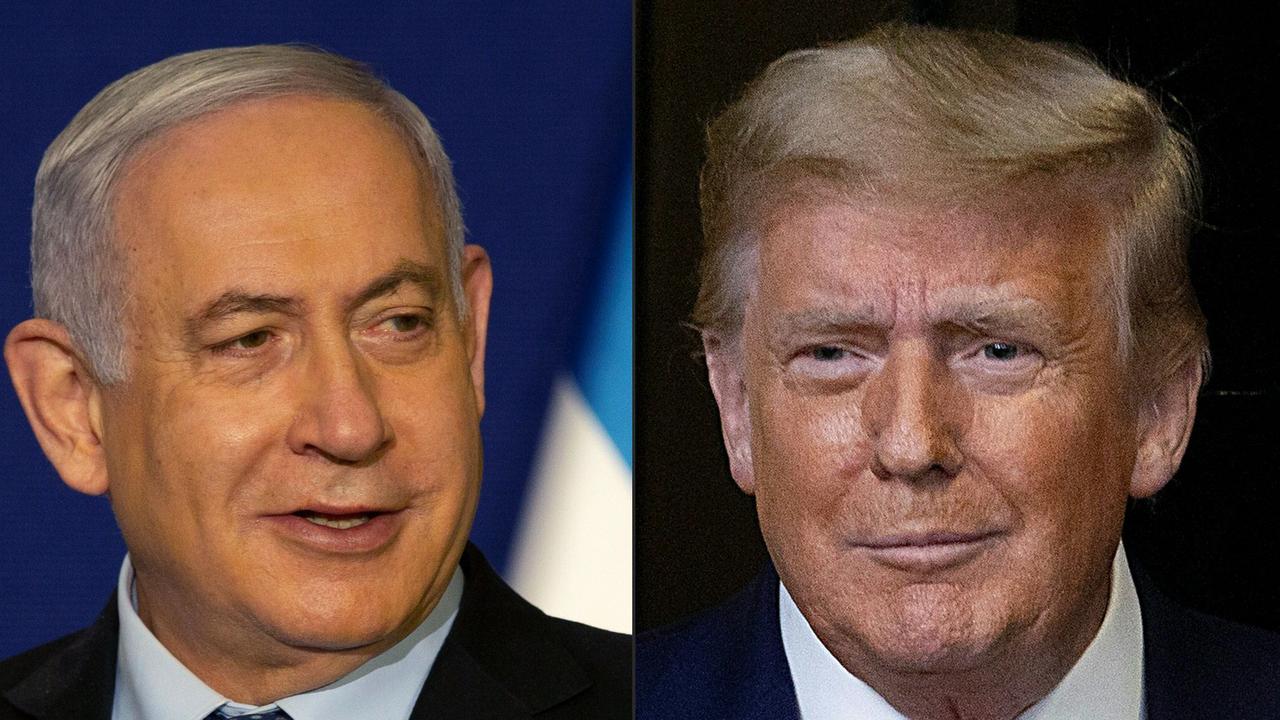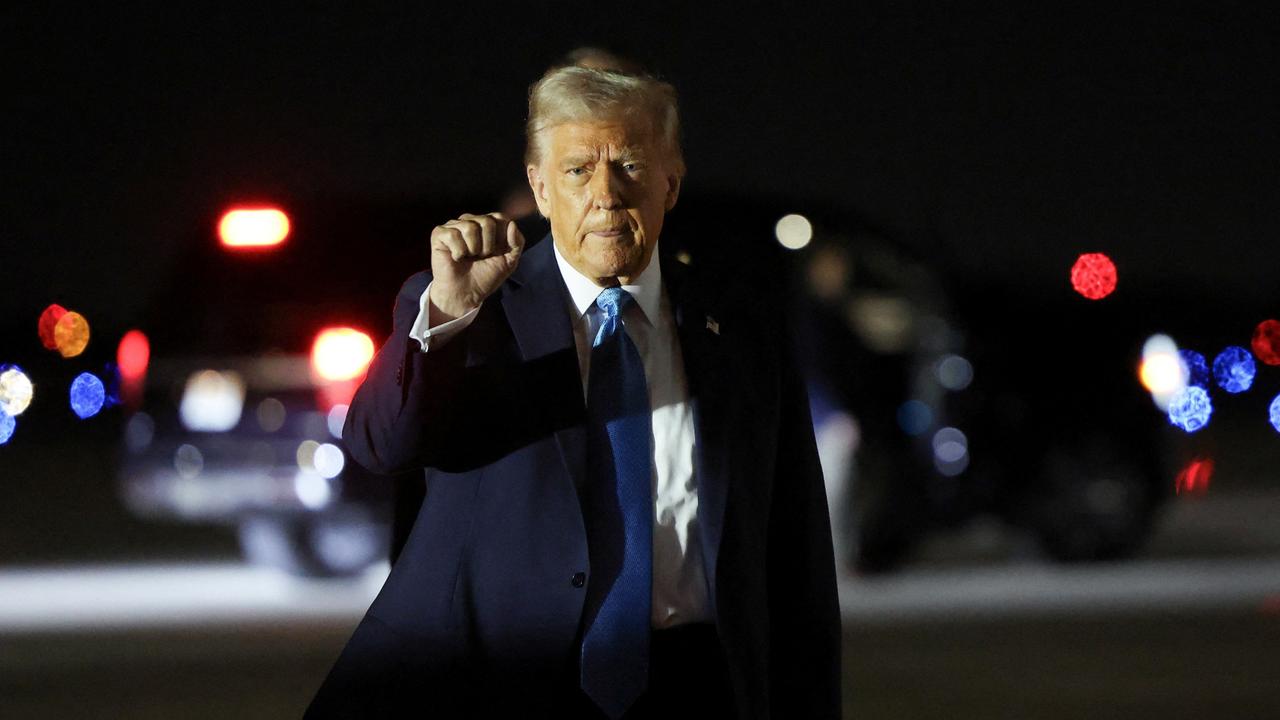South Korea’s former president Park Geun-hye is pardoned
President Moon Jae-in cites Park Geun-hye’s poor health and national unity as reasons to free the former leader.

South Korean President Moon Jae-in pardoned former president Park Geun-hye, in a surprise decision that will set her free after serving less than a quarter of her 22-year prison sentence for bribery and corruption.
Mr Moon said late on Friday that he decided to release the 69-year-old Park, who has been serving her prison term since March 2017, because of her poor health and in an effort to unite the country amid the challenges posed by the Covid-19 pandemic.
“I hope this pardon goes beyond the differences in opinions and serves as an opportunity for unity, harmony and the beginning of a new era. I ask for wide understanding from those who are opposed to the pardon,” he said.
Supporters and politicians of the conservative opposition party have been calling for Park’s pardon ahead of the March 2022 presidential elections, but Mr Moon hadn’t signalled any intention to do so. Ruling party politicians had previously said the two imprisoned former presidents – Park and her predecessor, Lee Myung-bak – were unlikely to be granted any kind of amnesty. Lee, who is also imprisoned on corruption charges, wasn’t pardoned.
Park, who underwent shoulder surgery in 2019, has been hospitalised three times this year due to chronic shoulder and lower back pain. She was most recently hospitalised last month. Her lawyer, Yoo Young-ha, visited her at the hospital on Friday and said she thanked Mr Moon for her pardon.
The scandal that led to Park’s prison sentence rocked the country in 2016, four years after she became South Korea’s first female president. Hundreds of thousands of protesters filled central Seoul in weekly rallies, demanding she be removed from office for corruption and incompetence after a television network reported that Park had given a friend, Choi Soon-sil, confidential government documents, including briefings on policy toward North Korea.
Park made televised apologies and promised to sever ties with Choi, but the scandal led to a far-reaching corruption investigation. She was impeached and removed from office. The investigation revealed ties between conglomerates and politicians in South Korea, with Park and Choi accused of taking bribes from big businesses, including Samsung, in exchange for preferential treatment. She was eventually convicted on 16 different charges, including bribery and coercion. The scandal led to more than 30 indictments of high-profile government and business figures, including Lee Jae-yong, Samsung’s de facto leader.
The courts ruled that Samsung had offered bribes to Park and her friend to gain support for Lee, who was trying to inherit control of the company from his father. Lee was charged with bribing Park in exchange for government backing of a 2015 merger between two Samsung affiliates that helped cement his ownership of the conglomerate.
Lee was released on parole in August. His supporters have called on the government to grant him a presidential pardon that would wipe the months left on his sentence and lift related restrictions such as a five-year employment ban. He has accepted the bribery charges and apologised for any public concern they caused.
Park apologised for allowing Choi to meddle in government affairs but maintained she was innocent of bribery, saying she had never accepted the money. She said the charges against her were fabricated by rivals as political revenge. She is expected to be freed on New Year’s Eve. Choi, who has denied all wrongdoing, is serving an 18-year sentence for bribery and corruption.
The sentence given to Park, who was the daughter of South Korea’s longest-serving dictator, Park Chung-hee, was the heaviest the courts have meted out to any figure involved in the corruption scandal. She was the third South Korean president to be convicted of corruption after leaving office.
The backlash against Park helped propel the left-leaning Mr Moon into power. South Korean presidents are restricted to a single five-year term. Lee Jae-myung, the presidential candidate for Mr Moon’s Democratic Party, had opposed Park’s early release.
Yoon Suk-yeol, the presidential candidate for the conservative opposition People Power Party, had said he would consider pardoning Park and her predecessor if he were elected.
In addition to her health, the administration likely wanted to appeal to voters who still support the former president, said Shin Yul, a professor of political science at Myongji University. “It’s an attempt for positive messaging ahead of the elections,” he said.
The Wall Street Journal


